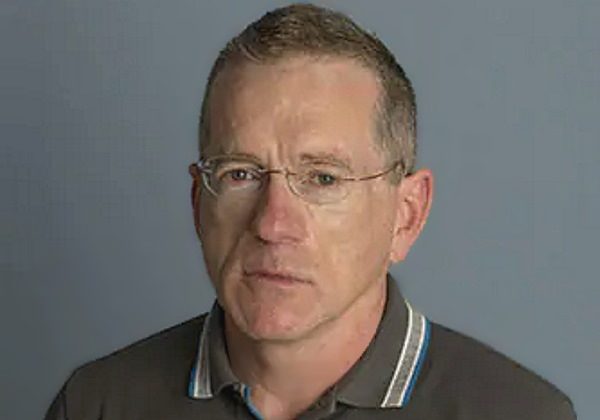
Professor Matthew Groves airs questions over handling of any conflicts in the conduct of Treasury's inquiry into payments regulation
Federal Treasury has revealed the Morrison Government is “satisfied” for Sydney lawyer Scott Farrell to manage any “real or perceived” conflicts of interest he might hold as chair of the department’s inquiry into payments regulation.
But the department won’t say whether the details of any such conflicts would be made public.
Banking Day reported last month that Farrell is a partner of King & Wood Mallesons’s Sydney-based fintech practice, which provides legal services to a string of payments industry players including NPP Australia Ltd.
According to the legal research firm, Chambers & Partners, KWM’s fintech practice counts NPP Australia as a “significant client”, along with Fintech Australia and ANZ Bank.
Farrell is yet to respond to phone enquiries from Banking Day seeking clarification on whether he believes he holds conflicts that require public disclosure.
According to the terms of reference for the inquiry, Farrell has been asked by the Morrison Government to “assess the pace and manner in which the NPP was being rolled out and enhanced by industry”.
This raises the possibility that Farrell will make assessments about the performance of a KWM client.
In response to a list of written questions from this publication, Treasury also declined to confirm that Farrell would carry the NPP relationship into the inquiry as a conflict of interest.
Notwithstanding, the department indicated that he might.
“As per the standard appointment process Mr Farrell declared any real or perceived conflicts of interest through a private interests declaration,” a Treasury spokesperson said.
“The Government is satisfied that Mr Farrell has sufficient processes in place to manage any real or perceived conflicts of interest.”
Treasury did not furnish information about the nature of any conflicts disclosed by Farrell.
Also, the department did not clarify what level of public disclosure it intended to make.
Deakin University law professor Matthew Groves questions whether Farrell’s potential conflict of interest could be properly managed unless its nature is revealed to stakeholders intending to make submissions to the inquiry.
Professor Groves is one of Australia’s leading legal experts on governance in the public sector.
“I think the question about disclosure is quite important,” Professor Groves said.
“If there is a possible conflict as the Department of Treasury hints there may be it does not help to essentially say ‘we’re satisfied about our internal procedures, so take our word for that’.
“I query if conflicts can be properly managed without adequate public disclosure.”
Prof. Groves said standards governing conflicts of interest and apprehended bias varied according to the types of work performed by individuals in the public sector.
However, he said there was no doubt that an expectation of impartiality applied to all public officials and those exercising public functions such as chairs of government inquiries.
He said assessing whether a conflict of interest might lead a person to approach their work with insufficient impartiality should be done from the view of a “fair minded and informed observer”.
“The question is not what a judge, consultant or minister thinks, it is what a fictional member of the public might think,” Groves said.
“The question is not whether you can manage a conflict, but whether there is one.
“The fact that Treasury or the minister is satisfied a conflict is being managed effectively does not necessarily mean it would survive judicial scrutiny.”